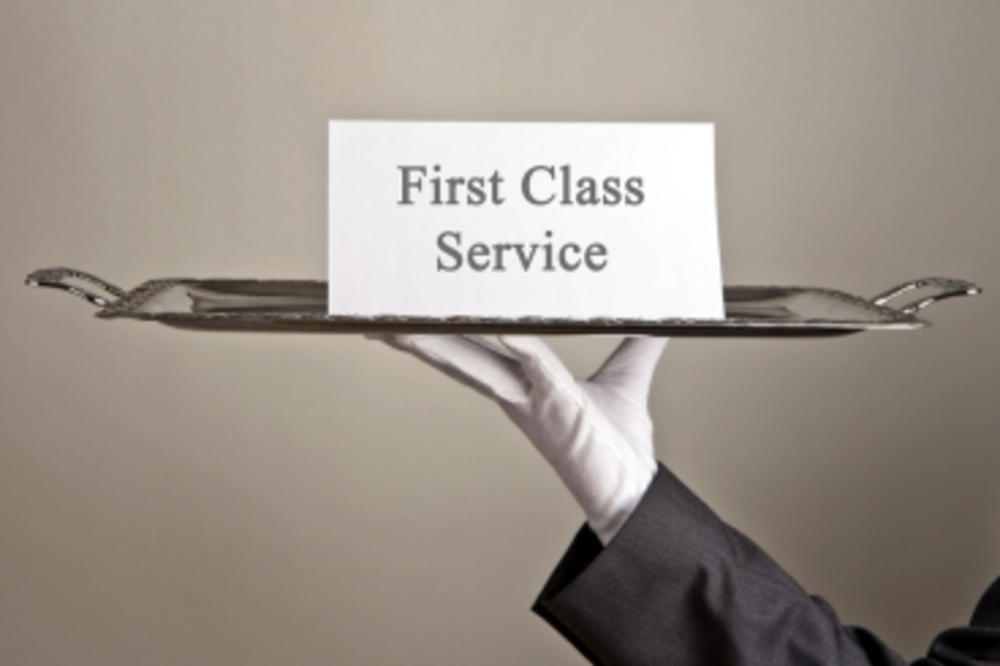Big Data: Is it good or is it bad? Should it be used by vendors or consumers? These questions have been debated a lot recently in the media. The answer is, Big Data can be very good and yes, it should be used.
In the media, Big Data is usually portrayed as something harmful to consumers; as something that will violate their privacy and if used by companies will cause problems and intrusions into their personal lives.
This is the wrong way of looking at Big Data. A more accurate way would be to look at how businesses have always used customer information. A hundred years ago, owners of Main Street general stores in small towns all across America encouraged their customers to gather together in the store and talk; about themselves, what they were doing, what they wanted, and what they liked. They also kept track of what customers bought and what they didn’t. They used this information to stock their shelves and make suggestions about what their customers might want to buy. This level of attention and personal service was only available because of the small number of customers.
A continent away in London at the Claridge Hotel, the concierge kept track of what the hotel’s best customers preferred in amazing detail by watching and listening. It wasn’t unusual for the concierge to know a customer preference’s better than the customer himself. The concierge then combined this knowledge with information about products and services available at the hotel or in London and advice how to get them. This level of service was only available to the very rich.
Using customer information to offer personalized offerings, whether in a Main Street general store or in a luxury hotel, was only available at a small scale or at high cost. Today, businesses and consumers are trying to provide and receive that level of attention to service on a much larger scale while keeping costs low. How? By using Big Data.
Business use Big Data to understand customer behavior on macro and micro levels, targeting products appropriately and creating personalized experiences. Having worked as a web analytics consultant at several large companies, I’ve seen that Big Data can yield tremendous value not only to the business but also to the customers.
Big Data allows companies to tailor their offerings to what a customer really wants. Walking into a clothing store, Big Data could provide details on every piece of clothing you already own while also allowing the merchant to create recommendations that match your style regardless of whether you had ever shopped at that store before.
Even more exciting is when Big Data is shared between vendors and customers. Think about a replacement for services that provides online restaurant reviews. Currently, it’s all the rage to read everyone’s reviews of a restaurant. However, many of the reviews are worthless. One reviewer loved the restaurant because her husband proposed to her there. Blinded by love, everything tasted good. At the same restaurant, a man took his mother-in-law to dinner. With his mother-in-law’s voice droning on and on, nothing tasted good, and every waiter was rude.
How could Big Data improve restaurant reviews? Instead of offering opinions, it can offer facts. Not just how many people say they liked the restaurant but how many people returned, including how often, as well as how many did not return. Even better, Big Data could alert you to other restaurants that these same people frequent. Using Big Data with established statistical tools such as segmentation and market basket analysis, customers would have much better information to make decisions on their restaurant choices.
We can outlaw Big Data because of its potential to be misused—but then we don’t get to profit from its advantages. The best course of action is to design and use Big Data with checks and balances so customers can benefit from the information while their privacy remains protected. I see a future in which vendors and consumers work together to create Big Data apps that benefit consumers and vendors alike.
As we learned on Main Street a hundred years ago and at the Claridge Hotel, paying attention to what your customers do so you can offer them better products and services does not have to be an invasion of privacy.
Jon Entwistle is senior consultant, digital analytics at web analytics firm Semphonic.








